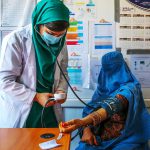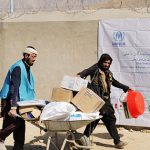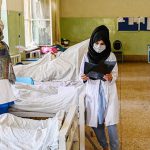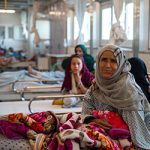Focus Area
IHOPE organization as a non-profit, non-governmental organization, concentrates its efforts in the fields below.
No
Expertise
Beneficiaries
1
Health-Care
- Providing health services and healthcare trainings
- Patients support
- Implementing awareness projects and programs to prevent spread of diseases
- Medical researches
- Improvement of the health sector capacity
- Public Health
All communities, with special focus on margined communities in remote areas who have limited access to medical resources.
2
Education
- Providing educational services
- Creation and reconstruction of educational centers
- Improving educational standards and teaching basic skills for job creation
- Development of educational opportunities
- Improving educational capacities
Community as a whole, with special focus on women and remote areas where education is not accessible easily.
3
Agriculture and Irrigation
- Providing trainings to farmers
- Providing new technologies in the field of agriculture and promoting sustainable agricultural methods
- Supporting sustainable agriculture
- Managing water resources and improving water efficiency capacity
- Implementation of smart irrigation projects and programs
Farmers, rural communities, consumers who reply on food production, and the overall agriculture sector,
4
Social
- Providing assistance to needy people
- Surveying needs of the vulnerable sections of society
- Implementation of social and public benefits projects
- Supporting homeless people, especially children
- Providing job opportunities for the vulnerable sections of society
- Providing humanitarian aid to needy people
- Improving the living standards of the lower sections of the society
Individuals, communities and society as a whole. IHOPE prioritize people and communities where basic needs of life is not accessible easily.
Empowering communities to foster social well-being, Resilience, and inclusive growth
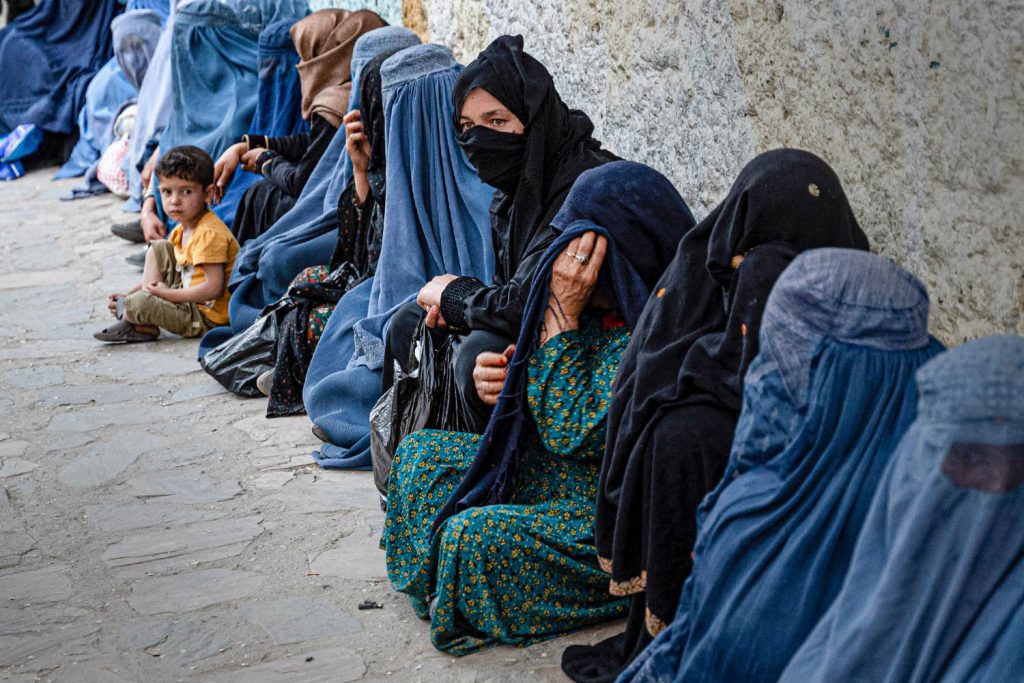
Programs and Initiatives
IHOPE services and programs are concentrated but not limited to, health care, education, agriculture and irrigation, and social affairs. Beneath are the explanation of these services.
Below initiatives collectively aim to enhance healthcare accessibility, affordability, and awareness in underserved communities through the concerted efforts of IHOPE organization.
- Infrastructure development and Medical Camps: Supporting the establishment or improvement of healthcare facilities, including clinics, hospitals, and laboratories. Organizing health camps for underserved communities, providing basic medical check-ups, vaccinations, and awareness programs.
- Training Programs and Campaigns: Offering training sessions for healthcare professionals in underprivileged areas to enhance their skills and knowledge. Additionally, conducting community awareness programs and campaigns to educate people about preventive healthcare measures, hygiene, and nutrition as well as spread of communicable diseases and pandemics.
- Telemedicine and Mobile Clinics: Introducing mobile healthcare units to reach isolated communities, offering medical services where access is limited. Implementing telehealth initiatives to connect remote areas with healthcare professionals, enabling consultations and medical advice.
- Research and Advocacy: Conducting research on prevalent health issues and advocating for policies that address the healthcare needs of marginalized populations.
IHOPE believe that below practices contribute to holistic educational development, addressing various challenges and promoting sustainable improvements in communities.
- Infrastructure Development: working on establishment of educational centers with special focus on rural communities.
- Capacity Building and Skill Development: Imparting practical skills to enhance employability, such as vocational education centers. This also includes training programs for educators help enhance teaching methodologies, ensuring better quality education for students.
- Scholarship Literacy Programs: Offering scholarships to underprivileged students, enabling them to access formal and standard education and pursue higher studies. Besides, running literacy programs to improve basic reading and writing skills, especially in underserved communities. This also include initiatives to promote inclusive education ensure that children with disabilities have equal access to educational opportunities.
Below initiatives collectively contribute to enhancing productivity, conserving resources, and promoting sustainability in agriculture.
- Modern Agriculture Methods: Introducing modern agricultural technologies such as drones and sensors to optimize farming practices, ensuring efficient resource use. Supporting agroforestry for integrating trees and shrubs into agricultural landscapes to improve soil health, water retention, and biodiversity. Introducing practices like crop rotation and cover cropping that enhance soil fertility, reduce erosion, and prevent pest buildup.
- Modern Irrigation Methods: Promoting of drip irrigation and rainwater harvesting for delivering water directly to the roots of plants, minimizing wastage and collecting and storing rainwater for agricultural use, especially in regions with irregular rainfall patterns. Besides, community-based water management which involves local communities in water resource management to ensure sustainability and equitable distribution.
- Education and Training Programs: Providing farmers with knowledge and skills to adopt modern and sustainable agricultural techniques e.g. smart farming apps that utilize mobile applications to provide farmers with real-time information on weather, market prices, and best farming practices.
- Government Subsidies and Incentives: Offering support to farmers through subsidies on modern irrigation equipment, seeds, and fertilizers. This also includes research and development e.g. investing in research for drought resistant crops, improved irrigation technologies, and sustainable farming practices
Social practices encompass a wide range of initiatives aimed at improving societal wellbeing. These initiatives collectively contribute to the development of a more just, inclusive, and sustainable society.
IHOPE initiatives for social practices are as below:
- Community Service and Civic Engagement Programs: Engaging in volunteer work and community projects to address local needs and promote a sense of social responsibility. Promoting eco-friendly practices and raising awareness about environmental issues and active participation in civic activities to create a more sustainable society, including voting, community forums, and public service.
- Education and Literacy Programs: Supporting initiatives that enhance access to education, literacy, and skills development for individuals and communities.
- Human Rights Advocacy and Wellness Campaigns: Supporting causes that aim to protect and promote human rights, addressing issues such as discrimination, inequality, and injustice. Promoting healthy lifestyles, mental health awareness, and initiatives that improve overall well-being.
- Social Entrepreneurship Poverty Alleviation Programs: Encouraging business ventures that have a positive impact on society, addressing social and environmental challenges, which will help to implement initiatives that address economic disparities, providing support to marginalized communities.

